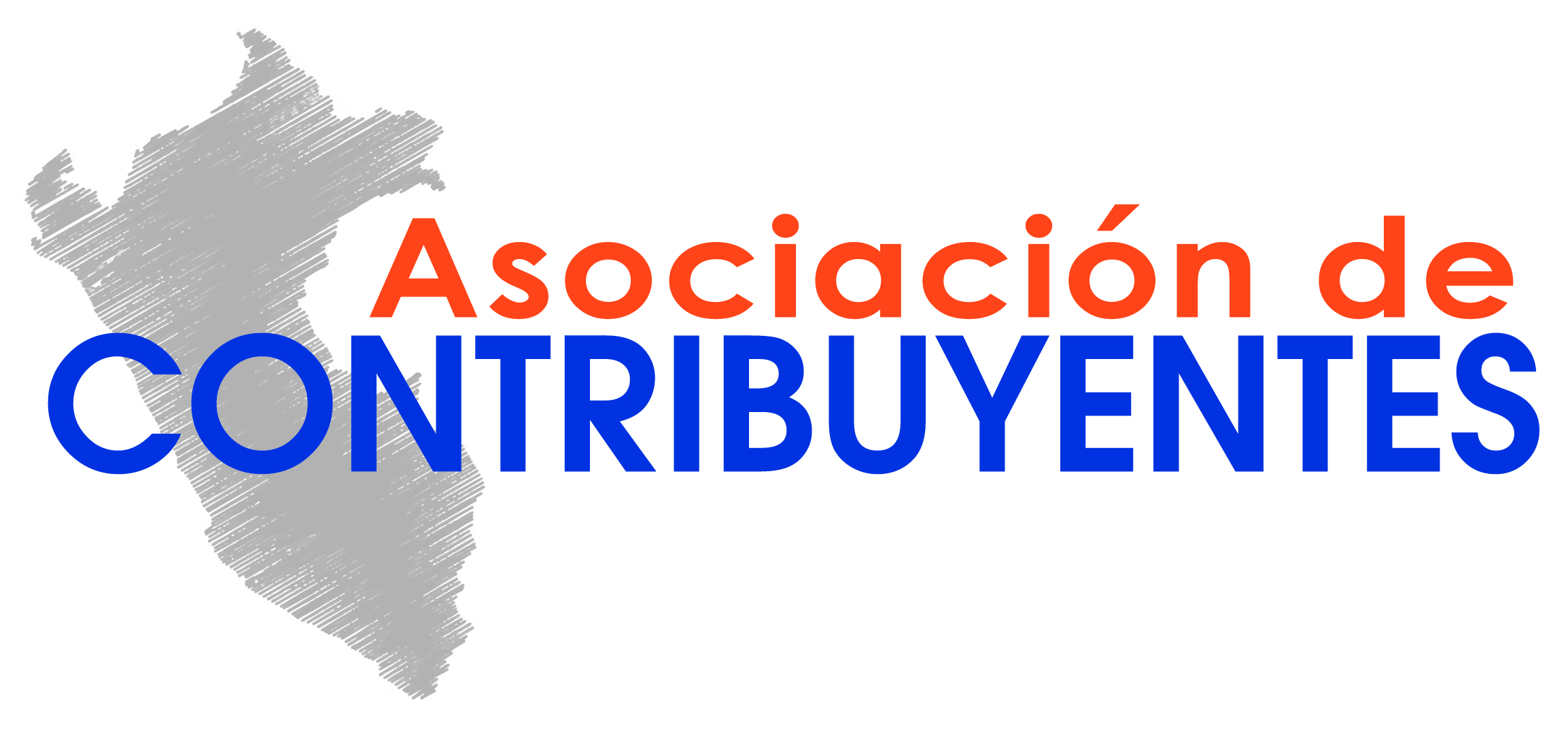UNITED STATES: Remote Obligations and Mobility Index

The National Taxpayers Union has released the first annual Remote Obligations And Mobility (ROAM) Index, a ranking of how every state treats remote workers. The ROAM Index analyzes all states and the District of Columbia according to how their tax and regulatory rules treat remote workers. While the states that come out best in the ROAM rankings are those with no income tax, there are lots of other things that states can do to make their policy environments friendlier to remote workers.
The states don’t break down in the typical red-blue partisan manner that many policy fights do. Some of the most liberal (New York, California) and most conservative (Nebraska, Arkansas, Mississippi) states nonetheless come out toward the bottom of the remote work rankings. And on the other end, states like West Virginia, North Dakota, and Illinois have some of the policy environments most friendly to remote workers.
As index author Andrew Wilford writes:
“This inaugural edition of the Remote Obligations and Mobility (ROAM) Index ranks states on the burdens they place upon remote and mobile workers and their employers. Remote workers are defined in this analysis as employees who work either fully remote or on a hybrid schedule of commuting to work and working from home. Mobile workers are employees who travel around the country as part of their job. This report uses laws as they stood as of the end of 2022.”
The ROAM Index analyzes five factors as they apply to remote workers – filing thresholds, reciprocity agreements, “convenience of the employer” rules, individual income tax burden, and withholding thresholds – and assigns every state a grade according to those metrics. The states’ metrics are then added together to get a final ROAM index score.
While the states that come out best in the ROAM rankings are those with no income tax, there are lots of other things that states can do to make their policy environments friendlier to remote workers. For example, the New York – New Jersey – Connecticut tri-state area is seemingly engaged in a battle of one-upsmanship for which state can try to punish remote workers the most – which makes it no surprise that many remote workers have fled the area for the friendlier pastures of Vermont and New Hampshire – or further.
Read the report here.















































